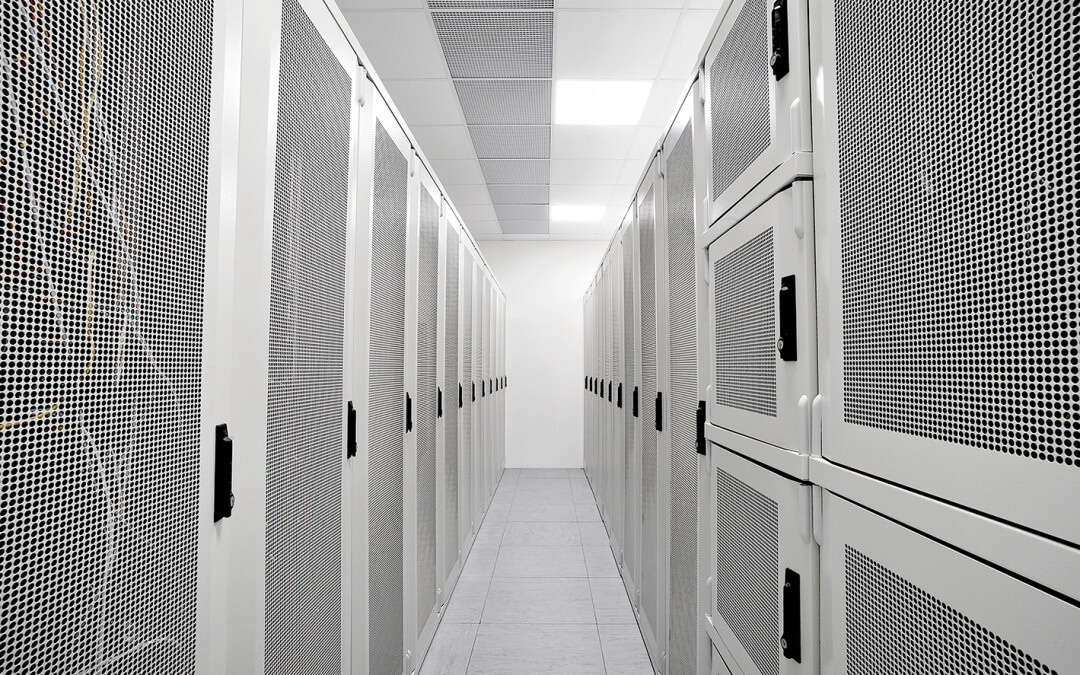LDeX Group’s time to ‘shine again’ – Manchester Evening News
http://www.manchestereveningnews.co.uk/business/business-news/rob-garbutt-ldex-trafford-park-12195390?ptnr_rid=81384&icid=EM_MEN_Nletter_Business_largeteaser_Image_Story2
http://www.manchestereveningnews.co.uk/business/business-news/rob-garbutt-ldex-trafford-park-12195390?ptnr_rid=81384&icid=EM_MEN_Nletter_Business_largeteaser_Image_Story2
According to The Independent, the power used by data centres accounts for approximately 3% of the global electricity supply – and with the rate at which data is being created, this percentage is only set to rise.
Now more than ever, data centres should be doing whatever they can to minimise the impact of their energy use. However, hyper-scale amounts of energy and the increasing popularity of web-scale IT systems mean that advancements in hardware generally seem to be at odds with the goal to become more energy efficient.
However, there have been improvements, such as making the best use of outdoor air and data centre design, as well as companies choosing site locations that make use of renewable energy. But the storage industry should always be looking for alternative ways to save energy – which is where artificial intelligence (AI) can play a part.
In October, Google announced that its DeepMind AI software reduced the cooling bill for the company’s data centres by 40%. This technology uses data such as temperature readings, power usage, and pump speeds to improve energy efficiency. Whilst this software may not be as effective for smaller data centres, it’s a step in the right direction.
More recently, researchers at Lancaster University created a self-assembly software system driven by AI. The machine-learning tool uses search and sort algorithms and memory caches to help it alter its own behaviour and carry out server tasks in the most efficient way.
This software can cut data centre running costs significantly, and could signal the dawn of a more efficient era for the data centre industry. With so much more data being created, artificial intelligence could help adapt to the changing demands of data centres, now and in the future.
At LDeX, we’re committed to exploring new ways to save energy – click here to find out more.

Marmite, Vauxhall cars and now Microsoft’s Azure – the impact of the falling pound is being felt in every sector.
Microsoft is expected to increase its UK prices by as much as 22% in January due to the recent decline of the pound. Its Azure platform is incredibly popular with businesses, but this price increase means that firms may struggle to keep their data with Microsoft and, if they follow suit, Amazon Web Services and Google Cloud.
So, what does the future hold for the data storage industry? As the triggering of article 50 looms nearer, businesses may seek less expensive ways to store their data. Companies may understandably begin to look for scalable storage methods that allow them to stay in control of their data in an uncertain business landscape.
Colocation is a cheaper solution that combines fast connectivity with peace of mind. It allows businesses to take advantage of scalable, state-of-the-art infrastructure which is managed 24 x 7 by a dedicated team, leaveing the business to focus on their own objectives.
We understand that this is what organisations need in periods of change, which is why we provide flexible and reliable colocation solutions. We offer dual site options as well as a choice of colocation at our London or Manchester sites, along with a wealth of security solutions to keep your data safe.
If you want to find out more about what we can offer your business, click here.
https://www.financedigest.com/the-challenge-of-keeping-data-secure-why-in-house-security-isnt-enough.html
Denmark, the land of fresh air, beautiful scenery and captivating history, is set to be the new home of Facebook’s second Nordic-based data centre.
The California-based social media giant announced last week that it was planning to build the 184,000 square meter facility in Odense, the birthplace of writer Hans Christian Andersen, to store and manage its growing pool of data.
So, why Denmark?
Denmark is known for its clean energy. In fact, it’s a world leader in Cleantech and low carbon related industries. By 2020 the country should be producing half of its electricity from renewable sources. Since Mark Zuckerberg is lobbying to enhance connectivity with the smallest carbon footprint possible, this energy efficiency is likely to have been a big factor in Facebook’s decision to open a data centre there.
Facebook’s public move into these cleaner energy countries is promising, especially to environmentalists like ourselves. In early 2013 we switched our electricity supply to use only 100% renewable energy sources, meaning that all LDeX and client equipment within our data centre facilities are powered by green energy. We also provide carbon neutral colocation solutions to clients that help them to reach environmental impact targets.
Further to their miles of wind-farms, Denmark also has one of Europe’s best performing economies, making it even more appealing to global businesses like Facebook.
Whatever the reasons behind the move, European countries should be encouraged by Silicon Valley titans looking overseas to fulfil their technology requirements. After all, a move such as this one creates a wealth of jobs and attracts investment from far and wide.
Click here if you want to learn more about our environmental responsibility.